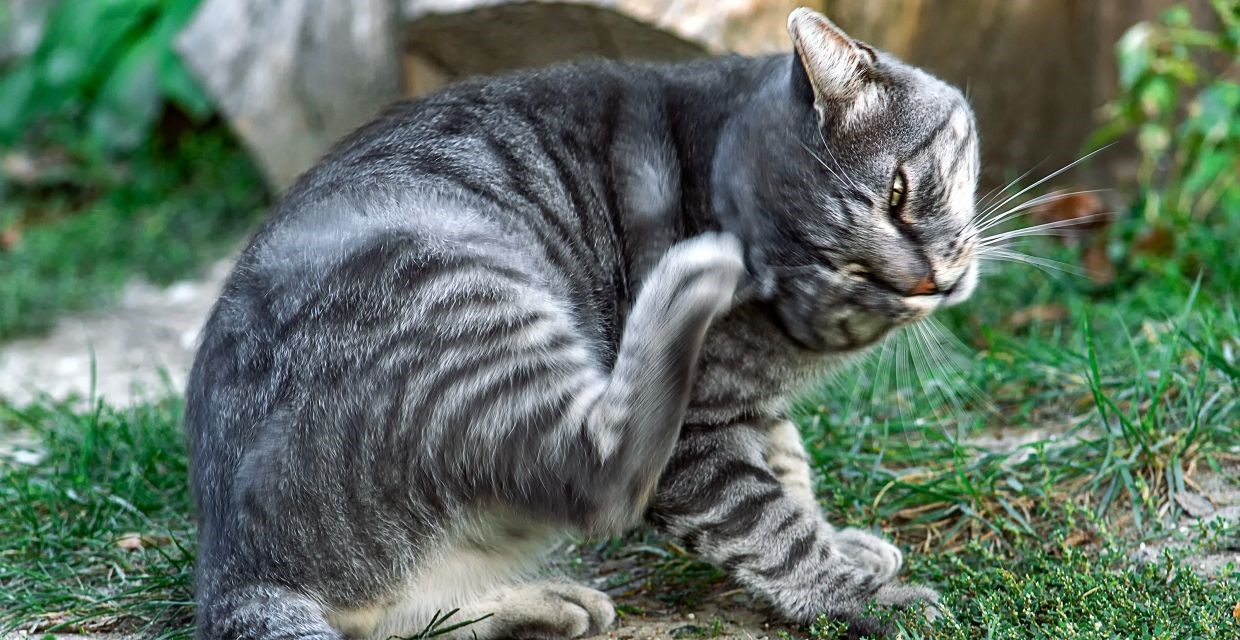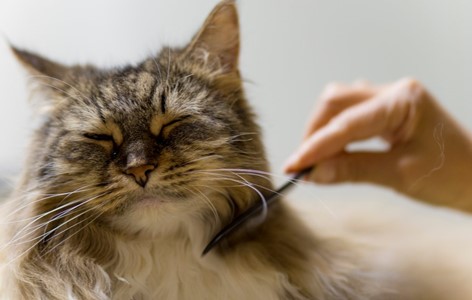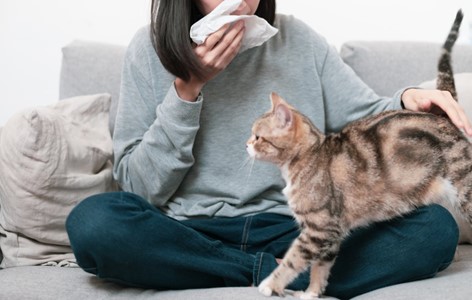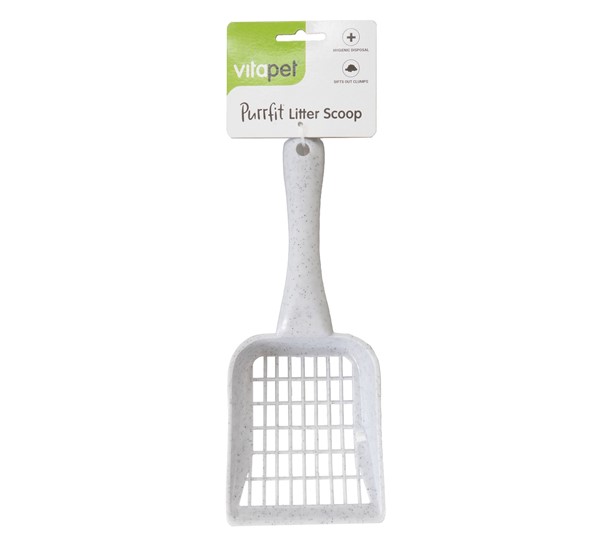Most kitties love a good scratch behind the ears because like their two-legged slaves, felines get itchy ears now and then. But noticeably excessive grazing of the ears, rubbing their head on the floor, or walking with their head tilted to the side, could indicate an issue.
How do you know if your pointy-eared pal has an ear infection?
They’ll begin by shaking the head occasionally, then scratching their ear. This behaviour will gradually increase until your poor, irritated cat just can’t take it anymore. You may even notice them moaning as they try to scratch the ear, as well as rubbing their head along the ground.
Walking with their head at an angle is another tell-tail sign, as mentioned above.
When you examine your cat’s ear, you may notice a pungent odour. This is likely caused by some discharge in the ear, especially in the ear canal, which may be brown or yellow. The discharge may also contain blood, so you won’t want to turn a blind eye to it.
Sometimes little creepy crawlies called ear mites can cause ear infections in cats. These very unwelcome guests move around the ear canal and cause great discomfort for your cat. Your cat’s ears will respond to the ear mites by pumping out a waxy discharge. Unfortunately, this gunk is the perfect hangout for bacteria, yeasts and fungi, while making the problem even worse for your cat.
See a vet. They’re all ears.
It’s usually better – and safer – to put your kitty’s ears in the care of your vet, for a professional examination and cleaning – rather than doing it yourself. Your vet will notice if ear mites are present, but keep in mind that many cases, bacteria and yeasts alone can cause the ear infection.
There might also be completely foreign elements such as grass seeds in the ear, and your vet will treat this right away.
It’s possible your vet may need to anaesthetise your cat to ensure a good, thorough exam and cleaning, without a scratch. The vet may need to take a sample of the discharge and examine it under a microscope, to nail whatever bugs could be causing the infection.
However the diagnosis is for your kitty, they’ll more than likely need medications to treat their ear problem.











